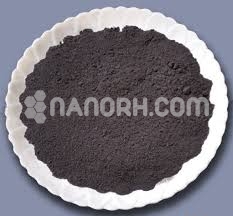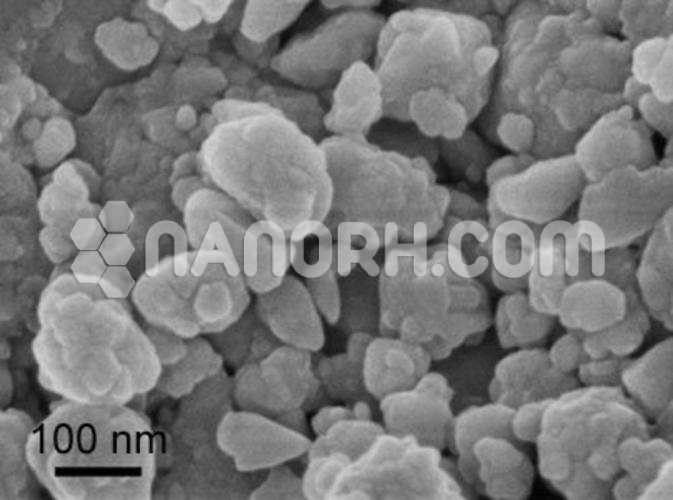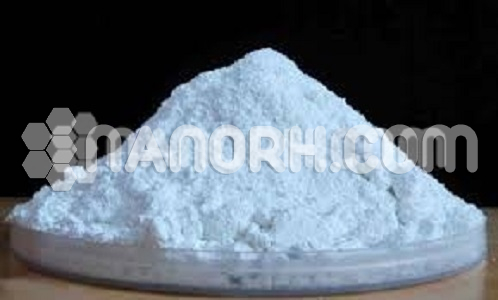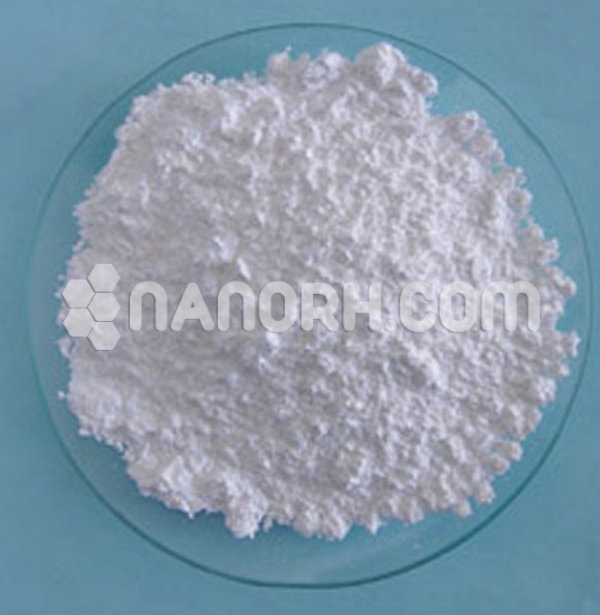| Copper Monosulfide Powder | |
| Product No | NRE-11078 |
| CAS No. | 1317-40-4 |
| Formula | CuS |
| Molecular Weight | 95.611 g/mol |
| APS | 15um(can be customized) |
| Purity | 99% |
| Density | 4.76 g/cm3 |
| Color | Black |
| Melting Point | 500 °C |
| Boiling Point | NA |
Copper Monosulfide Powder
Copper monosulfide (CuS) is a binary compound of copper and sulfur, and it has various applications in different fields due to its unique properties. Here are some of the applications of copper monosulfide powder:
Semiconductor Industry: Copper monosulfide has been used in the fabrication of semiconductors and electronic devices. It has shown potential in the development of new types of electronic materials and components, especially in the field of thin-film transistors, photodetectors, and solar cells.
Lubricants: Copper monosulfide is used as an additive in lubricants due to its ability to reduce friction and wear between moving parts. It can improve the performance and longevity of machinery and equipment in various industries, including automotive and manufacturing.
Catalysts: Copper monosulfide has been studied as a potential catalyst in various chemical reactions. Its unique properties make it suitable for catalyzing different processes, such as hydrogenation, desulfurization, and carbon dioxide reduction, in industries like petrochemicals and environmental protection.
Solar Energy: Due to its semiconductor properties, copper monosulfide has been explored for use in photovoltaic cells and solar energy systems. Research has focused on its potential as a light-absorbing material for the development of low-cost and efficient solar cells.
Optoelectronics: Copper monosulfide has potential applications in optoelectronic devices such as light-emitting diodes (LEDs) and sensors. Its ability to convert electrical energy into light and vice versa makes it suitable for various optoelectronic applications.
Nanotechnology: In the field of nanotechnology, copper monosulfide has been investigated for its use in nanomaterials and nanodevices. Its unique properties at the nanoscale have shown promise in the development of advanced materials, including nanowires, nanoparticles, and nanocomposites.
Batteries: Some research has suggested that copper monosulfide could be utilized in the development of high-performance and energy-efficient batteries. Its electrochemical properties make it a potential candidate for use in next-generation energy storage devices.




